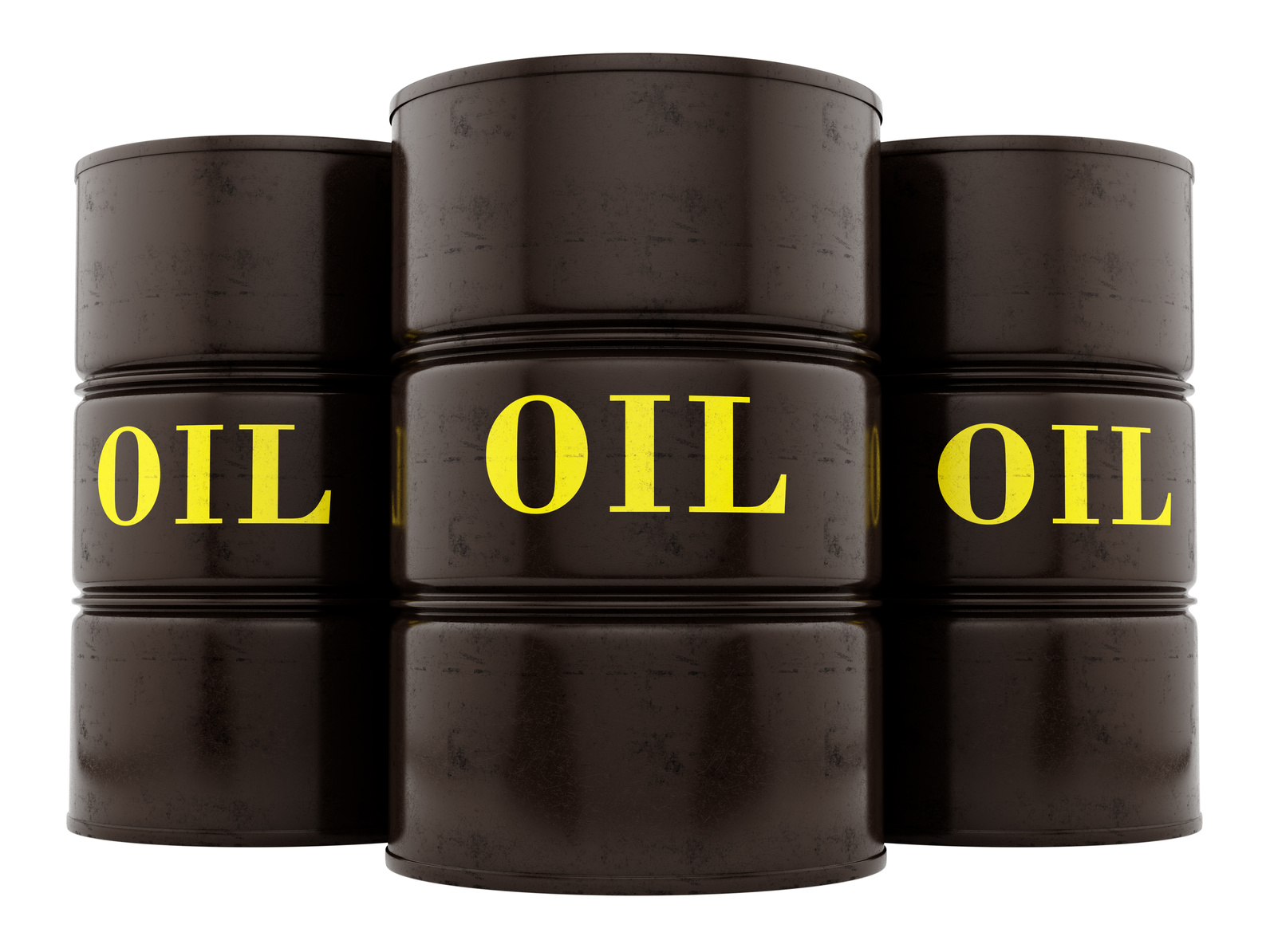What is waste oil?
Waste oils are oils that occur as waste and consist partially or entirely of mineral oil, synthetic or biogenic oil. Environmentally sound management of waste oil is regulated by the Waste Oil Ordinance of 01.05.2002, which stipulates that priority must be given to processing waste oils into base oil. Base oil is the basic component of mineral oil used to make lubricants (base oil + additives = lubricants, such as engine, gear, hydraulic, machine oils and lubricating greases).
All waste oil codes can be allocated to one of four main categories. Category I waste oils can be regenerated without restriction. They include engine, gear and hydraulic oils. Regeneration of all other waste oils is permitted, provided they do not contain any harmful substances that may accumulate in the products. It should be noted that waste oils with concentrations of polychlorinated biphenyls (PCB) in excess of 20 ppm (parts per million) or a total halogen content of more than 2g/kg may not be regenerated unless the harmful substances are with certainty destroyed during regeneration.
Diosposal
Waste oils may not be mixed with other wastes nor may waste oils of different categories be mixed. It is up to the owner of the recovery facility that has purchased the waste oil to decide how it will be used, since this depends on the different operating processes at different facilities. The basis for this is that the facility holds a permit for harmfree and proper recovery under Germany’s environmental quality legislation, the Bundesimmissionsschutzgesetz or ”Federal Immission Control Act.” This means that during the management of the waste oil very different products are accepted and processed. To make it possible to undertake a more differentiated classification, the waste oils accepted must first undergo comprehensive analytical assessment. Analysis of the prescribed parameters for PCB and total chlorine content are of particular significance here.
Waste oils for which regeneration is not appropriate due to high concentrations of additives or harmful substances may be recovered for energy purposes as a replacement for normal fuel in combustion installations that have a permit as stipulated under the ”Federal Immission Control Act” to use energy-rich wastes.
Internal-combustion engine and gear oils in cans or canisters may be sold only if they bear the following warning either stamped onto them or in the form of a sticker: ”After use this oil must be taken to a waste oil collection point! Improper disposal of waste oil is a danger to the environment! Any addition of other substances, such as solvents, brake fluid or coolants, is prohibited.” Clearly legible signs must be displayed in a prominent place in the retail outlets giving information about a nearby collection point. The collection point is obliged to accept internal-combustion engine oils and gear oils at no charge in quantities such as are delivered by private individuals. This regulation similarly applies to oil filters and oily wastes arising during oil changes. The collection point must have equipment suitable for carrying out proper oil changes.


